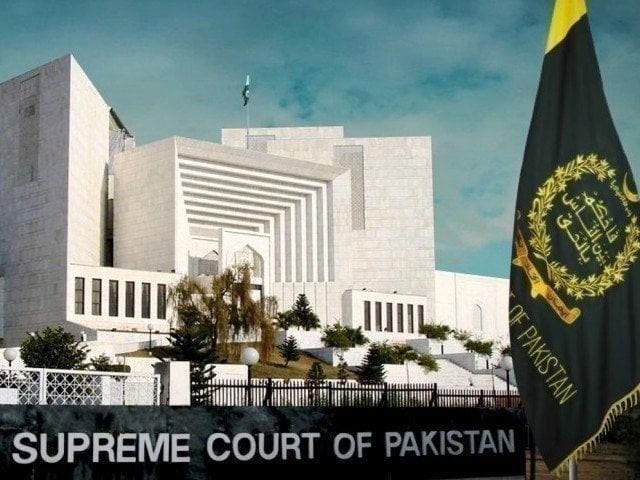SC recalls majority verdict on taxation
Apex court urges that Double Taxation Treaties (DTTs) be interpreted as dynamic instruments

The Supreme Court (SC) of Pakistan has urged that Double Taxation Treaties (DTTs) be interpreted as dynamic instruments that balance the need for economic growth with the protection of the tax base.
In its eight-page judgment, the Supreme Court noted: "Double Taxation Treaties (DTTs) provide a crucial framework for fostering international economic cooperation, facilitating cross-border investments, and avoiding the dual taxation of income that can impede global commerce."
The judgment continues, "Klaus Vogel [an international taxation expert] outlined that these treaties serve as bridges between nations, designed to encourage economic collaboration while preventing conflicts over taxing rights."
They achieve this by allocating taxing authority between the source and resident states, promoting predictability for businesses and individuals engaged in international activities, the SC observes.
"Courts in developing countries must interpret these treaties as dynamic instruments that balance the need for economic growth with the protection of their tax base. Vogel argues that treaties should not be interpreted rigidly, but should reflect their object and purpose, ensuring they serve the broader goal of equitable economic development globally," reads the eight-page judgment authored by Justice Syed Mansoor Ali Shah, setting aside an earlier majority judgment on the double taxation treaty case.
The majority judgment was authored by retired Justice Qazi Faez Isa, and endorsed by former CJP Umar Ata Bandial. Justice Shah's view was in the minority.
Now, the review petition has been fixed before a three-judge bench led by Justice Syed Mansoor Ali Shah.
"The petitioner, a company incorporated in the Netherlands and thus a non-resident for income tax purposes in Pakistan, entered two agreements with Schlumberger Seaco, Inc., a company operating in Pakistan.
These agreements were titled the "Agreement for Lease of FLIC Tapes", dated 1 February 1986, and the "Software Rental Agreement", dated 1 January 1995 ("the Agreements").
The petitioner, in tax returns, declared the receipts under the agreements as "business profits" and sought exemption from income tax in Pakistan under Article 7 of the Convention between the Kingdom of the Netherlands and the Islamic Republic of Pakistan for the Avoidance of Double Taxation and the Prevention of Fiscal Evasion with respect to Taxes on Income.
However, the tax department treated these receipts as "royalties" under Article 12 of the convention, and subjected them to income tax at the rate of 15 per cent.
"Had this Court noticed and considered them earlier, it would not have passed the majority judgment under review. Therefore, we accept the present review petitions, recall the majority judgment under review, and dismiss the appeals of the respondent, upholding the judgments of the high court", the judgment concludes.



















COMMENTS
Comments are moderated and generally will be posted if they are on-topic and not abusive.
For more information, please see our Comments FAQ